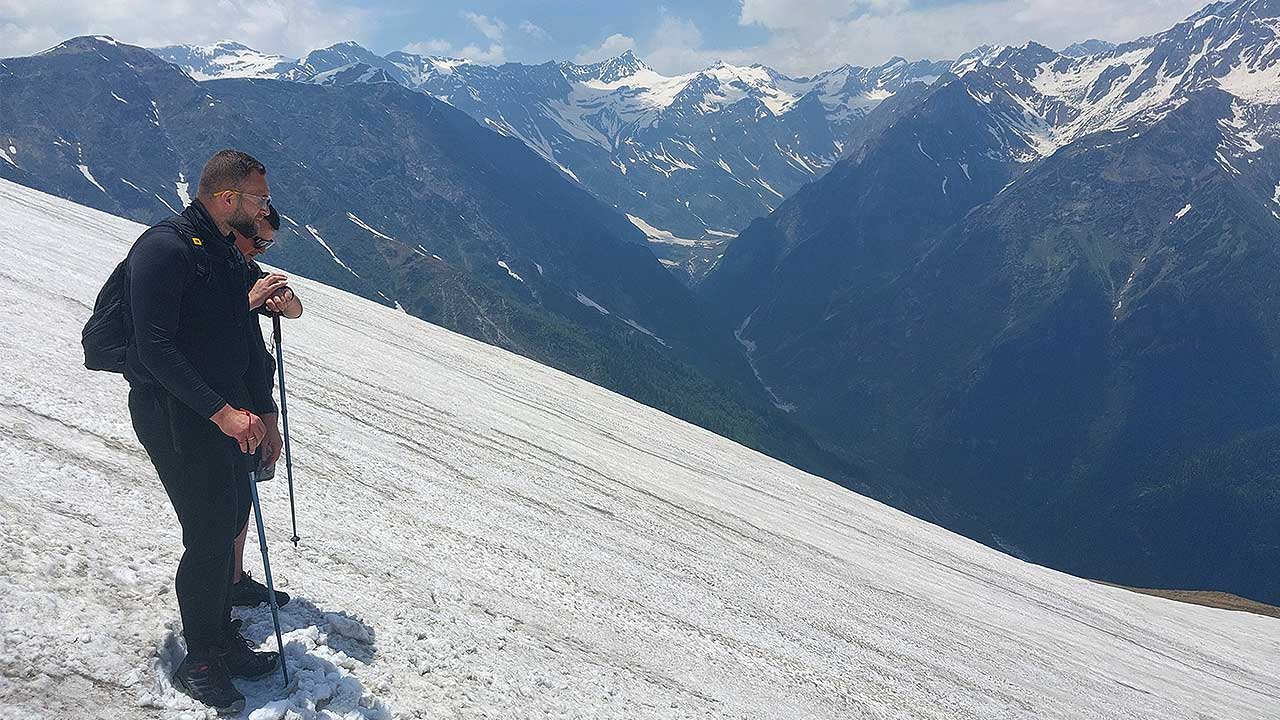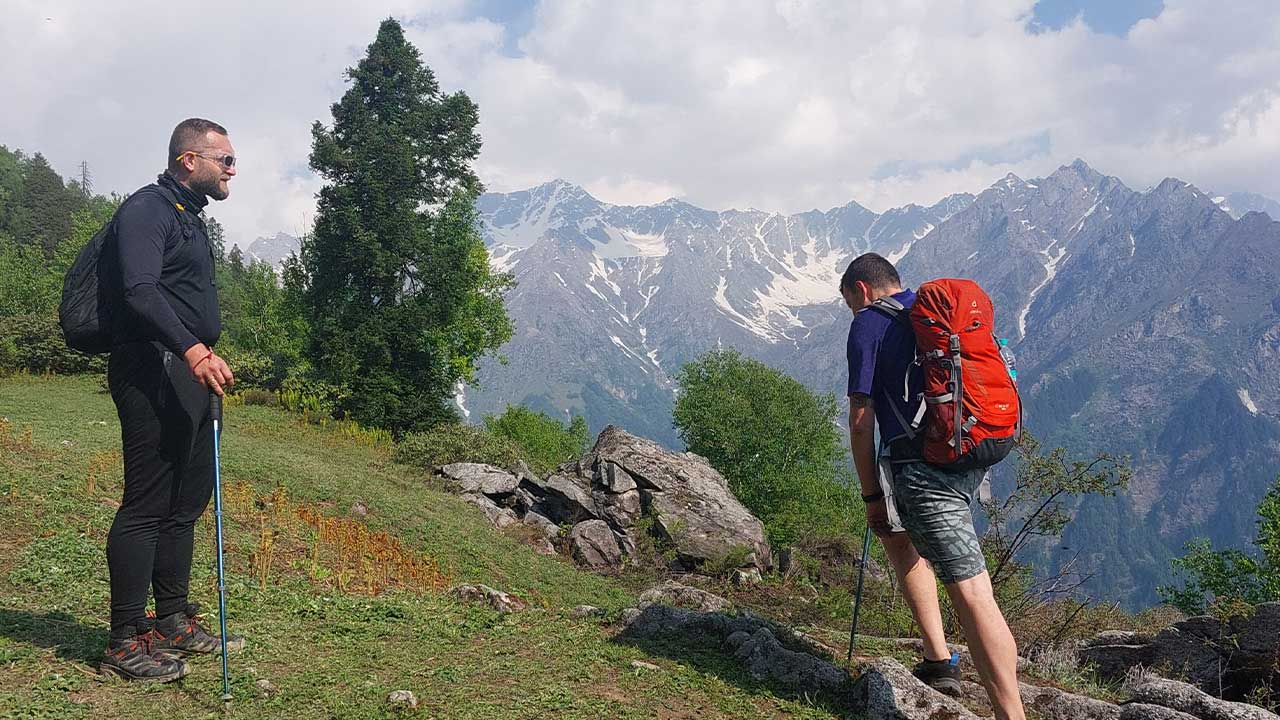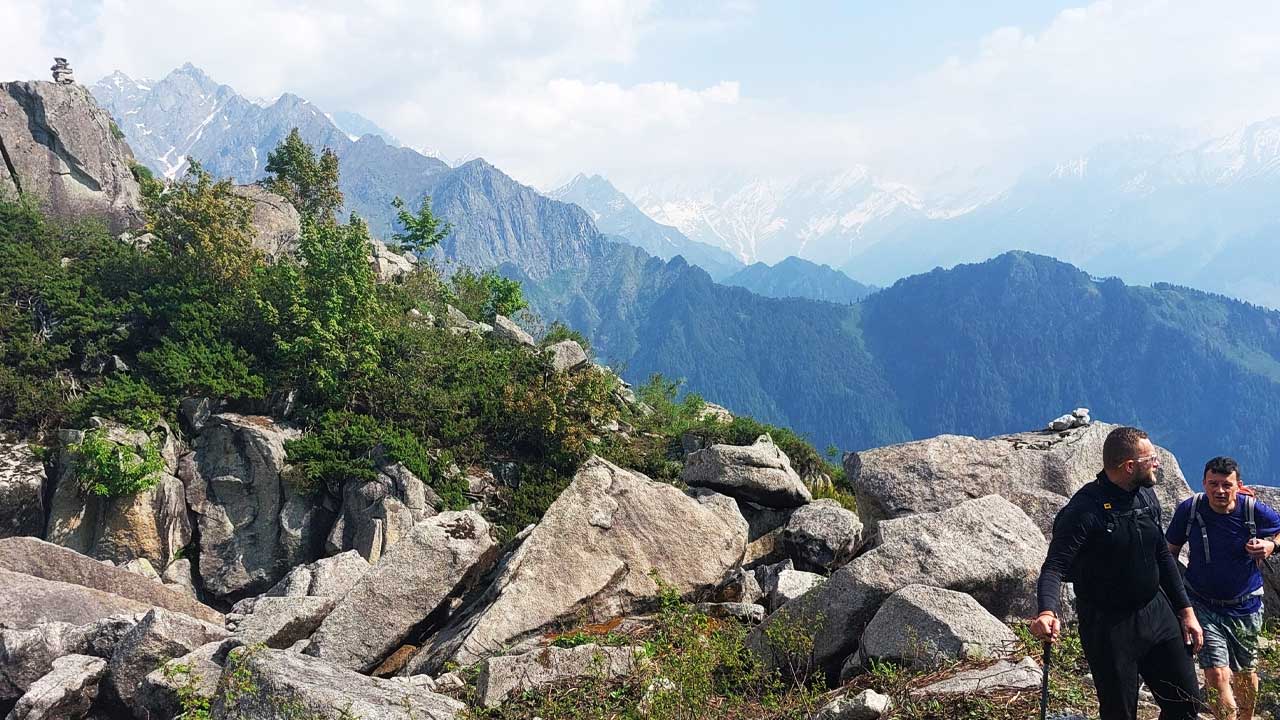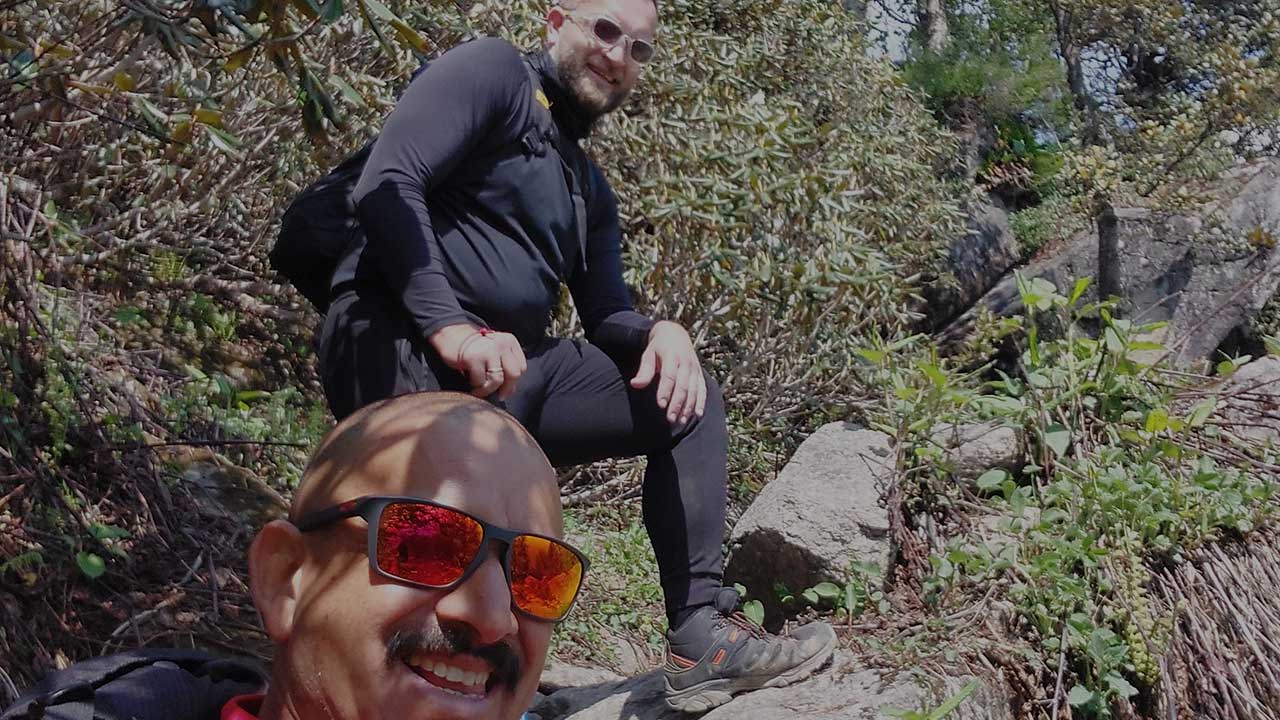Fundamentals of Mountain Training: Getting Started
Blogs
Embarking on a journey into the world of mountain training is an exhilarating decision that promises adventure, personal growth, and a deep connection with nature. Whether you’re a novice or an enthusiast looking to enhance your skills, understanding the fundamentals is the crucial first step to a safe and fulfilling mountain training experience.
Setting the Foundation
1. Assess Your Fitness Level:
Before venturing into mountain training, evaluate your current fitness level. Focus on cardiovascular endurance, strength, and flexibility. A well-rounded fitness foundation is essential for tackling the physical demands of the mountains.
2. Choose the Right Training Program:
Tailor your training program to your specific goals and the type of mountain activities you’re interested in, whether it’s trekking, climbing, or a combination. A structured program will help you progress systematically.

3. Invest in Quality Gear:
Reliable gear is your ally in the mountains. Invest in proper footwear, clothing, and equipment designed for your chosen activity. Quality gear enhances your safety and comfort.
Building Technical Skills
4. Basic Navigation Skills:
Understanding map reading, using a compass, and interpreting topography are fundamental skills. Enroll in navigation courses to build confidence in finding your way through diverse terrains.
5. Introduction to Climbing Techniques:
If your journey involves climbing, start with the basics of rock climbing techniques. Learn about handholds, footholds, and body positioning. Practice these skills on indoor climbing walls before progressing to outdoor environments.

6. Safety Protocols:
Acquaint yourself with safety protocols, including proper rope work, belaying techniques, and the use of protective equipment. Safety should be a priority at every stage of your mountain training.
Mental Preparedness
7. Develop Mental Toughness:
Mountain training is not only a physical challenge but a mental one as well. Cultivate resilience, focus, and the ability to make sound decisions under pressure. Mental toughness is a key component of successful mountain pursuits.
8. Understanding Altitude:
If your training involves high-altitude environments, educate yourself on the effects of altitude on the body. Learn to recognize symptoms of altitude sickness and acclimatize gradually to reduce the risks.

Connecting with the Community
9. Join a Mountain Training Group:
Connect with like-minded individuals by joining a mountain training group or club. Learning from experienced mentors and sharing experiences with fellow enthusiasts can significantly enhance your training journey.
10. Engage in Workshops and Seminars:
Attend workshops and seminars conducted by experts in the field. Gain insights into the latest techniques, safety measures, and best practices. Networking with professionals and fellow learners is invaluable.

Fundamentals of Mountain Training: Conclusion
Embarking on the path of mountain training is an exciting and rewarding endeavor. By focusing on these fundamentals, you’ll lay a solid foundation for a journey filled with challenges, achievements, and the breathtaking beauty of the mountains.
Always prioritize safety, continuous learning, and a deep respect for the environment, and your mountain training experience will be both enriching and fulfilling.
Recommended Article: Training for an 8000-meter Peak